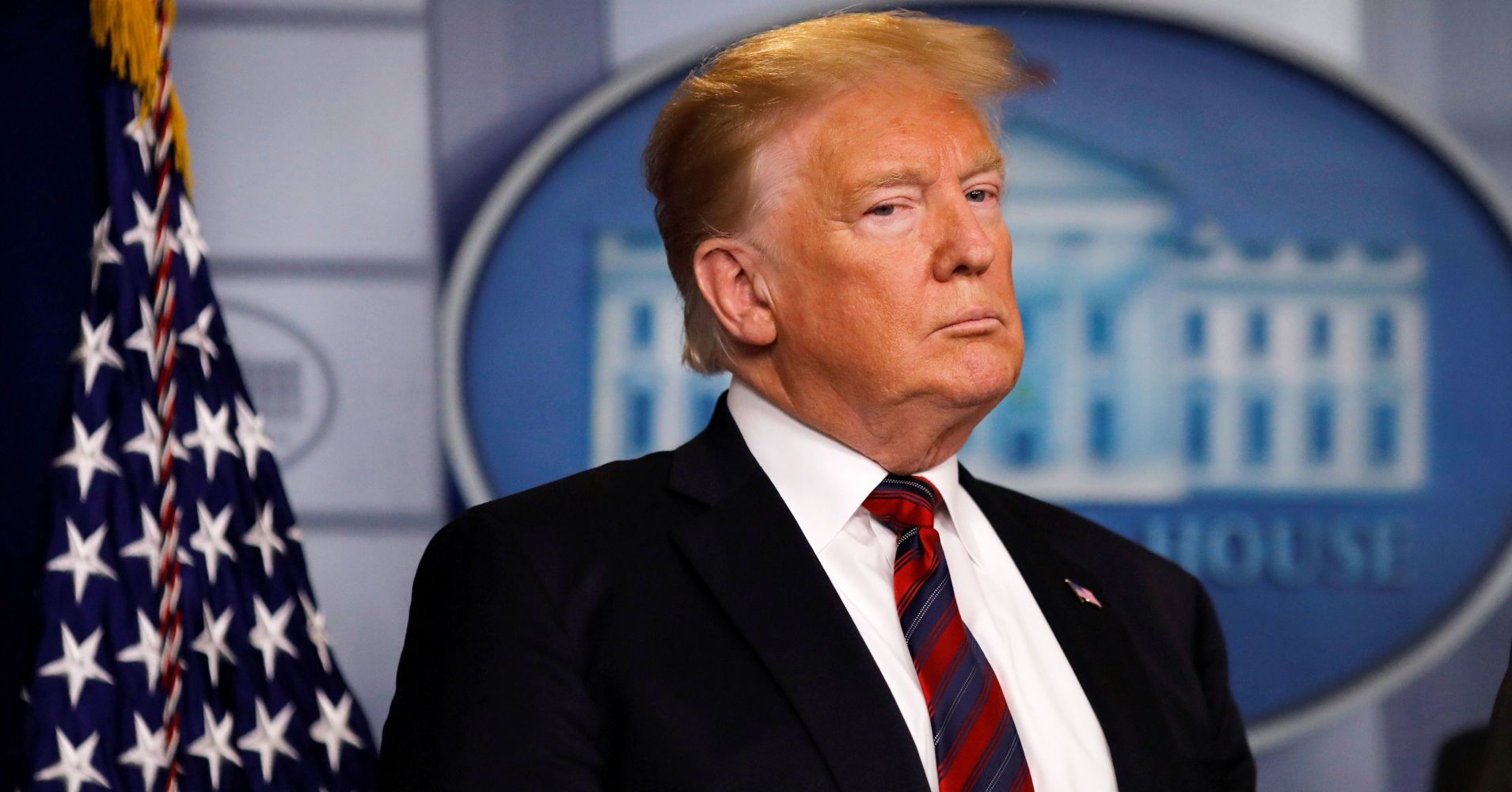
President Donald Trump had 2020 on his mind Friday morning as he justified his latest tariffs on Chinese goods.
The Trump administration raised duties Friday on $200 billion in Chinese products to 25% from 10%. While Washington and Beijing will talk throughout the day about striking a deal to end a widening trade war, Trump signaled the conflict could linger, saying “there is absolutely no need to rush.”
Trump’s latest shot at Beijing, which comes after the U.S. side said China backed out of key parts of a developing deal, caused U.S. stock markets to dip Friday despite hopes that the world’s two largest economies could salvage an agreement. The tariff action also has political implications for Trump ahead of his 2020 reelection bid. He risks angering farmers, a key voting bloc damaged by low crop prices caused in part by the trade war.
As he sent out a string of tweets defending his tariff move Friday, Trump had his political fortunes in mind. He argued tariffs “will make our Country MUCH STRONGER, not weaker.” He wrote that “This is not the Obama Administration or the Administration of Sleepy Joe [Biden], who let China get away with ‘murder!'”
Trump has repeatedly targeted Biden since the former vice president entered the 2020 Democratic presidential primary last month and became the apparent frontrunner to challenge the president. The president won the White House in part by promising to crack down on Chinese trade abuses, and wants to show progress in changing Beijing’s practices during the election.
After Trump attacked Biden earlier this week, the former vice president’s campaign highlighted the costs of the trade conflict with China. Biden’s communications director Kate Bedingfield tweeted Wednesday that “the only people [Trump] has gotten tough w/ so far on trade are US farmers, small business owners & consumers, who feel the brunt of this tariff war.”
On Friday, Trump also floated a way to boost farmers who have taken a hit from his trade policy. As the conflict with China lingers, he risks alienating voters in key electoral states such as Minnesota, Wisconsin and Iowa, which have major farm industries.
In his tweets, Trump proposed to use proceeds from tariffs to “buy agriculture products from our Great Farmers … and ship it to poor & starving countries in the form of humanitarian assistance.” He claimed the U.S. would take in $100 billion in revenue from duties and could use $15 billion of the total to buy agricultural products from farmers. He appears to have overestimated the money the U.S. gets from tariffs: the Congressional Budget Office projects the U.S. will receive $74 billion from customs duties in the current fiscal year, according to FactCheck.org.
The plan has a clear political aim: helping the voters who have taken the biggest hit from his trade policy. But Trump would run into other issues with the proposal.
Facing higher costs for products from China, U.S. businesses have to decide whether to absorb the increase or pass them on to consumers by raising prices. Therefore, American companies and consumers bear the brunt of the pain from tariffs.
Trump would effectively raise revenue from U.S. consumers and redirect it to farmers. Doing so could undercut a core strategy the president’s campaign has deployed so far in the 2020 race: accusing Democrats of advocating for socialism by proposing a larger role for government in various aspects of the economy.
Democratic presidential candidates have made a play for farmers in states such as Iowa, which will hold the first nominating contest next year. Sens. Elizabeth Warren, D-Mass., and Bernie Sanders, I-Vt., have both pushed to break up massive agricultural companies.
Various candidates have called for a more aggressive policy to fight climate change and aid farmers hurt by devastating flooding in the Midwest.

